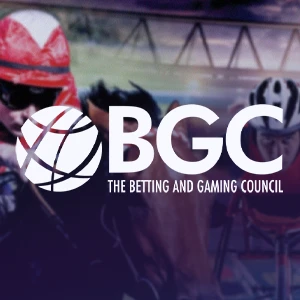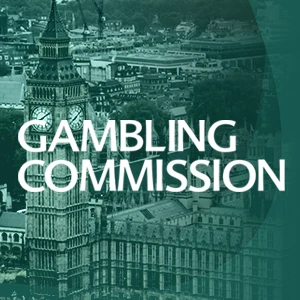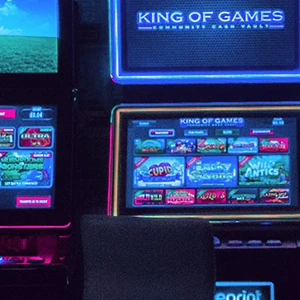More overreach or a good idea? Banning kids from social media

Protecting vulnerable groups is a key topic of discussion in the UK gambling industry, with new measures being implemented which specifically target younger players. At the same time, similar approaches are being taken in other areas of UK law.
The government announced in December 2023 that it's considering an outright ban on social media for under-16s, a prospective policy that has understandably sparked debate. It's a move that's already gaining traction stateside with Florida lawmakers recently passing a motion to institute a ban there.
Protecting young people
The rise of viral trends, cyber-bullying, AI-generated content and deepfakes has made the internet a potentially perilous place. Younger people are particularly susceptible to some of the risks.
It's widely thought that social media can cause some individuals harm, but its long-term effects on young people have not yet been fully explored. This is highlighted by contradictory data emerging in recent times.
Some studies revealed social media use to be associated with depression and anxiety in young people, whereas other research found little evidence supporting this.
Still, social media is at the centre of online safety debates for good reason. It is both highly influential and highly addictive, but it is part of everyday life whether we like it or not. It seems reasonable, therefore, that legislation should consider the adverse effects a ban might have.
Existing legislation
It seems strange that such a drastic move is even up for discussion at the moment, considering the Online Safety Act only arrived in late 2023. The Act in question aims to make “the UK the safest place in the world to be online”.
Unlike the outright ban for under-16s, the Online Safety Act is about giving the consumer more choice and control over what they see online. This approach seems respectful of individual choices, and not too great an imposition.
This Act is the first of its kind, and many argue that it hasn’t yet had a chance to prove its efficacy.
From a gambling perspective, laws are now in place to prevent under-18s from seeing digital media adverts. This code, pushed in by the Betting & Gaming Council, is also novel, and its impacts have not yet been examined to any meaningful level.
The dangers of overreach
The proposed ban is not the first sweeping move considered by the government. The UK Gambling Reform, for example, has prompted a significant tightening of regulations which affect both vulnerable and non-vulnerable players indiscriminately. Some of the moves outlined in the reforms essentially treat all players the same, impacting the ability to enjoy what is essentially a hobby – albeit within self-set parameters – as responsible adults.
Equally, excluding children from social media altogether will have a number of adverse effects. Much of what constitutes 'real life' in the adult world occurs on social media, and such channels are also used by schools, social groups and families. It seems obvious that not all social media is bad, so why would we want to close off such benefits because some aspects are considered negative or need better controls?
Social media is part and parcel of the world today, and simply banning young people would run the risk of stunting their development and producing a generation lacking necessary skills to compete in the global digital marketplace.
Impact on gambling
An outright ban on social media for young people will have a knock-on effect on various facets of everyday life, and one that naturally strikes a chord at No Wagering is gambling.
Some will argue that excluding youngsters from social media will protect them from free gambling games that are available – a potential catalyst for further gambling activity. I'd argue it's doubtful that such games are a child's first contact with the concept of gambling. Watching family members play the lottery has probably been on their radar since infancy.
Moreover, removing social media access would reduce exposure to helpful resources, such as education on the potential harms of gambling. Invaluable material like this serves to prepare young people for the ‘real world’.
When backed into a corner and facing restrictions on their freedoms, many young people will naturally rebel. If they no longer have access to the games they play with friends online, there's every chance they'll find what they want elsewhere – and this could mean pushing them into the murky waters of offshore casinos.
Many of these rogue operators don’t enforce any age checks, will allow a kid to run up a huge bill on Mum’s credit card and are beyond the reach of any authorities. All of us can agree that avoiding this scenario is a priority – especially given recent changes announced in the industry that may also start driving players into the hands of illegal sites.
For now, we can only speculate on the wider impacts of a ban, but there certainly appear to be two sides to this controversial coin.
Some final thoughts
It seems that the current government is insistent on taking a ‘blanket’ approach to addressing a variety of concerns. Even if these concerns are valid and well-meaning, such heavy-handed methods of resolving them may be at the expense of individual freedom. The British public has always been vocal in its objection to the oppressive ‘nanny state’ and let’s hope we can all remain united on this too.
We can also look to the US to see the idea meeting strong objections in Florida. Many are saying that banning social media for under 16s violates the First Amendment (freedom of speech, religion and press) and while our 2 legal systems may not be perfectly aligned, Mr Sunak might want to hold fire for a moment and see how things pan out over there.
Social media can be a source of harm and young people clearly need additional protection. However, I'm convinced that most people would agree that a more focused, nuanced, fine-tuned approach is more appropriate. This isn’t the place for a ‘sledgehammer’ methodology.
A consultation on the matter is set to be launched this year.





